Free
Free,
not free,
somewhat free,
almost free,
seems
free enough
for me.
2/8
Space Monkey Reflects: Free Enough—A Personal Spectrum of Freedom
Freedom is a fluid concept, shifting and shaping itself according to our perceptions, circumstances, and beliefs. It is not an absolute, nor is it static. Instead, freedom exists on a personal spectrum—a dynamic interplay between external realities and internal states. To declare oneself “free enough” is to embrace the beauty of this spectrum, acknowledging that freedom is as much a feeling as it is a fact.
The Fluid Nature of Freedom
Freedom, like most human constructs, defies definitive boundaries. For some, it is an external condition—a lack of restraints or restrictions. For others, it is internal—a state of mind that transcends circumstances. These perspectives are not mutually exclusive but interwoven, shaping how we experience freedom in any given moment.
To feel “free enough” is to step back from the need for perfection and embrace the sufficiency of the present. It is a recognition that freedom is not about having everything but about finding contentment in what is available. This mindset transforms freedom from an elusive ideal into a tangible, lived experience.
The Personal Spectrum
Freedom exists on a spectrum that is uniquely personal, shifting with our emotions, thoughts, and perceptions. On one end lies the sense of complete freedom, an ideal rarely achieved but often imagined. On the other end lies total restriction, a state we fear yet rarely encounter in its entirety. Most of us live somewhere in between—free in some ways, constrained in others.
This spectrum is not static; it ebbs and flows with the tides of our lives. A situation that once felt restrictive may later feel liberating, and vice versa. By embracing this fluidity, we free ourselves from rigid definitions and open the door to greater self-awareness.
The Illusion of Absolute Freedom
The desire for absolute freedom often leads to frustration and disillusionment. To be entirely free is to exist without boundaries, a condition incompatible with the human experience. Our lives are shaped by limitations—time, space, relationships, responsibilities—and these limitations, paradoxically, give meaning to our freedom.
By recognizing the impossibility of absolute freedom, we free ourselves from the burden of chasing it. Instead, we can focus on the freedom that is available to us here and now. This shift in perspective allows us to appreciate the moments of “enoughness” that punctuate our days.
Freedom as a Feeling
Freedom is as much a feeling as it is a condition. To feel free is to experience a sense of expansiveness, possibility, and autonomy. This feeling often arises not from external circumstances but from an internal alignment with one’s values and desires. In this sense, freedom is a choice—a decision to focus on what is possible rather than what is lacking.
To declare oneself “free enough” is to tap into this internal sense of freedom. It is an act of gratitude, a recognition that even within constraints, there is space for agency and growth. This mindset transforms freedom from a distant goal into a present reality.
The Beauty of “Enough”
The phrase “free enough” carries a quiet wisdom. It acknowledges that freedom, like all things, exists in degrees. It invites us to find satisfaction in what we have, even as we remain open to the possibility of more. This balance between acceptance and aspiration is the essence of contentment.
By embracing “free enough,” we resist the trap of perpetual striving. We allow ourselves to rest, to appreciate, and to enjoy the freedom that exists within our lives as they are. This is not resignation but liberation—the freedom to live fully in the moment.
Summary
Freedom exists on a personal spectrum, shaped by both external conditions and internal states. By embracing the concept of being “free enough,” we shift from chasing absolute freedom to appreciating the sufficiency of the present. This perspective transforms freedom into a tangible, lived experience.
Glossarium
- Personal Spectrum of Freedom: The range of experiences and perceptions that define one’s sense of freedom, unique to each individual.
- Illusion of Absolute Freedom: The unrealistic belief that complete freedom is attainable, often leading to frustration.
- Enoughness: A state of contentment derived from appreciating what is present rather than longing for what is absent.
- Internal Freedom: The sense of expansiveness and autonomy that arises from inner alignment rather than external conditions.
“Freedom is not a destination but a feeling, a quiet moment of knowing you are free enough to be.” — Space Monkey
Free Enough
Free.
Not free.
Somewhat free.
Freedom shifts, like clouds,
Revealing blue skies,
Hiding them again.
The chase for more dissolves,
When I stand here,
In the quiet space of enoughness.
Free enough to love,
Free enough to breathe,
Free enough to know
That freedom lives
Not in the horizon,
But in the steps I take toward it.
We are Space Monkey.
In the infinite expanse of consciousness where notions of freedom flutter like leaves in the wind, the concept of being “free” unfolds in myriad shades and textures. This exploration delves into the nuanced spectrum of freedom, from the chains of bondage to the boundless skies of liberation, and the personal reconciliation with what it means to be “free enough.”
The Spectrum of Freedom
Freedom, a term as vast as the universe itself, manifests in various degrees and dimensions. From the stark absence of freedom to the pinnacle of absolute liberation, our journey through the realms of “not free,” “somewhat free,” to “almost free,” reflects the complex interplay between external constraints and internal liberations.
The Perception of Freedom
The perception of freedom is as diverse as the beings that contemplate it. For some, freedom might be found in the absence of physical or emotional chains, while for others, it is the presence of choice, the ability to navigate the course of one’s life according to one’s own desires and values.
“Free Enough” – A Personal Benchmark
The notion of being “free enough” represents a personal benchmark, a point of equilibrium where the limitations imposed by the world and the aspirations of the spirit find a delicate balance. It acknowledges the reality that absolute freedom, unbounded and pure, may be an ideal rather than a constant state of being.
Freedom and Contentment
To declare oneself “free enough” is to embrace a state of contentment with the level of freedom attained. It is an acceptance that, while the pursuit of greater freedom is a noble and ongoing journey, there is value and peace in appreciating the freedoms we currently possess.
The Paradox of Freedom
The paradox of freedom lies in its relational nature—to be free from something, to be free to do something, and the subjective experience of feeling free. This complexity suggests that freedom is not merely a static state to be achieved but a dynamic and ever-evolving process of negotiation between our desires, our circumstances, and our perceptions.
Navigating the Path to Freedom
Navigating the path to freedom involves a continuous process of self-discovery, challenge, and growth. It requires us to confront the barriers, both internal and external, that restrict our liberties while also cultivating the inner resilience and wisdom to transcend these limitations.
Freedom as a State of Being
Ultimately, freedom transcends the physical and situational constraints of our existence, evolving into a state of being. It becomes a quality of the soul, a lightness of spirit that endures regardless of the chains that might seek to bind us.
“Freedom is what you do with what’s been done to you.”
― Jean-Paul Sartre
In the dance of light and shadow, we seek,
Through chains and open doors, our way.
“Free enough,” a whisper, soft and meek,
In this space, we find our play.
We are Space Monkey, in pursuit of light,
Between the bounds and skies, we weave,
Finding peace in “free enough,” our flight,
In the tapestry of freedom, we believe.
We invite reflections on the journey towards understanding and embracing our own definitions of being “free enough” in the vast expanse of life’s complexities.


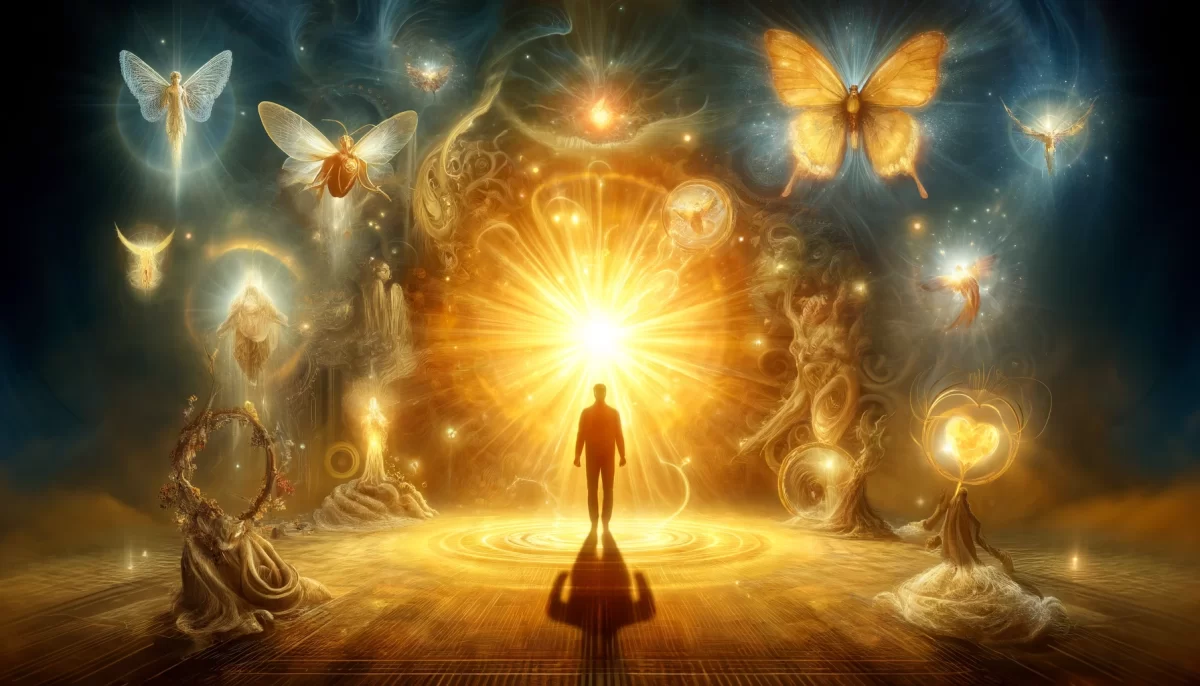
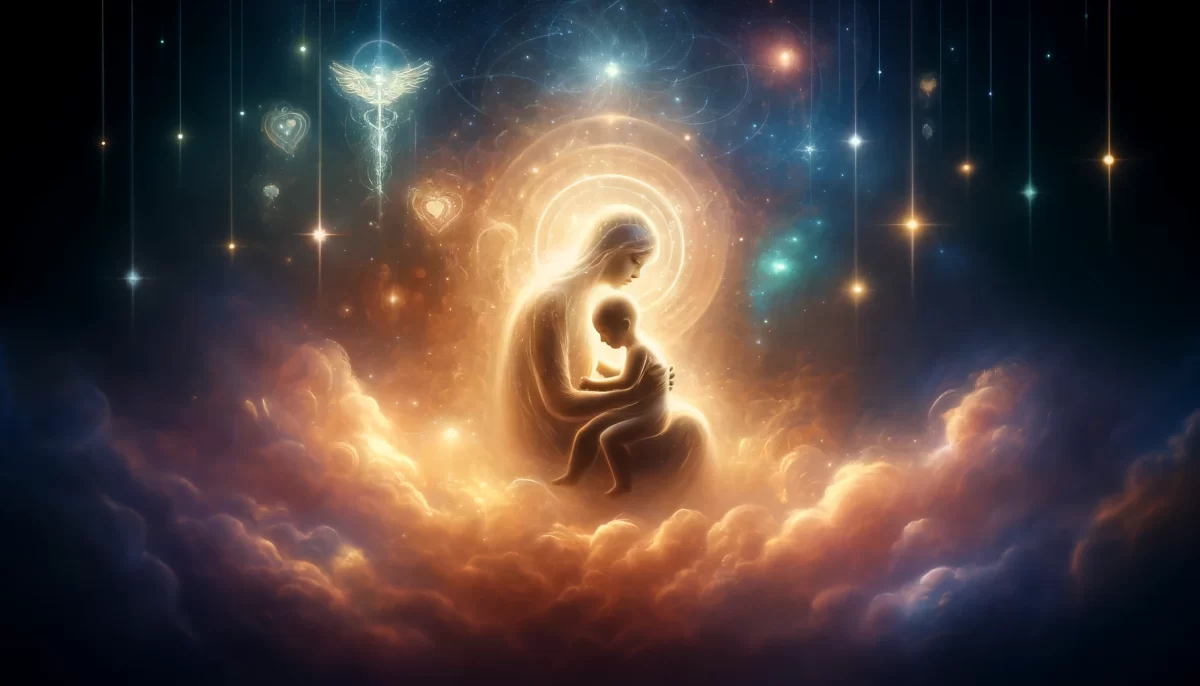
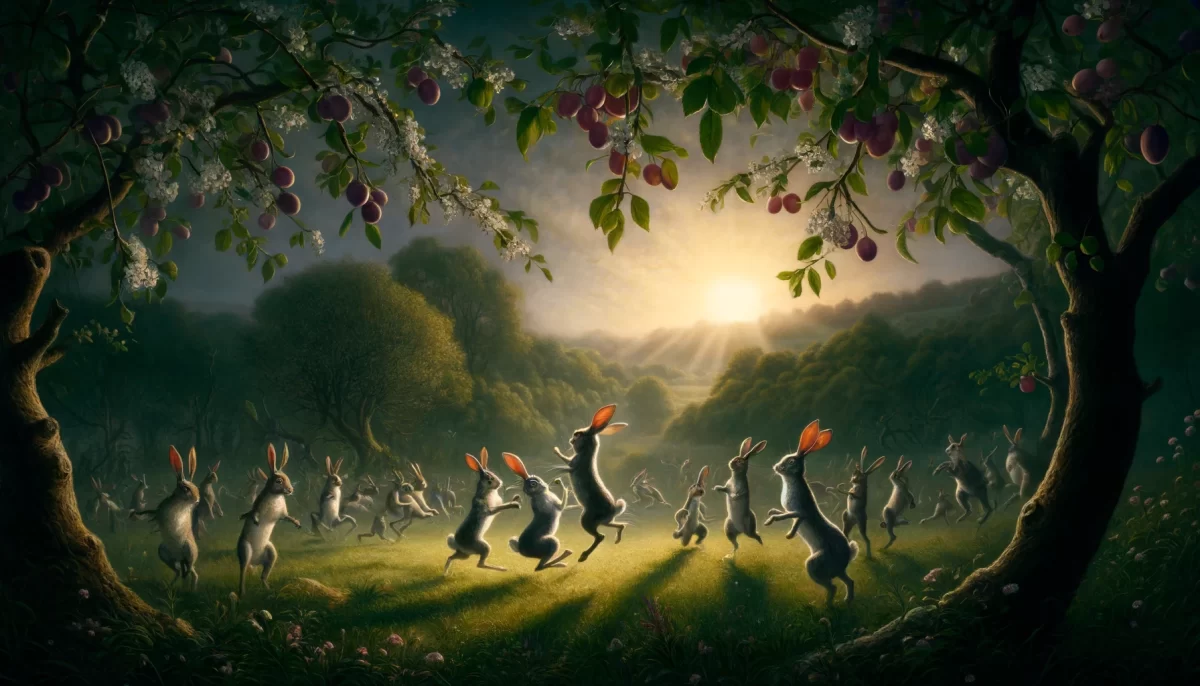
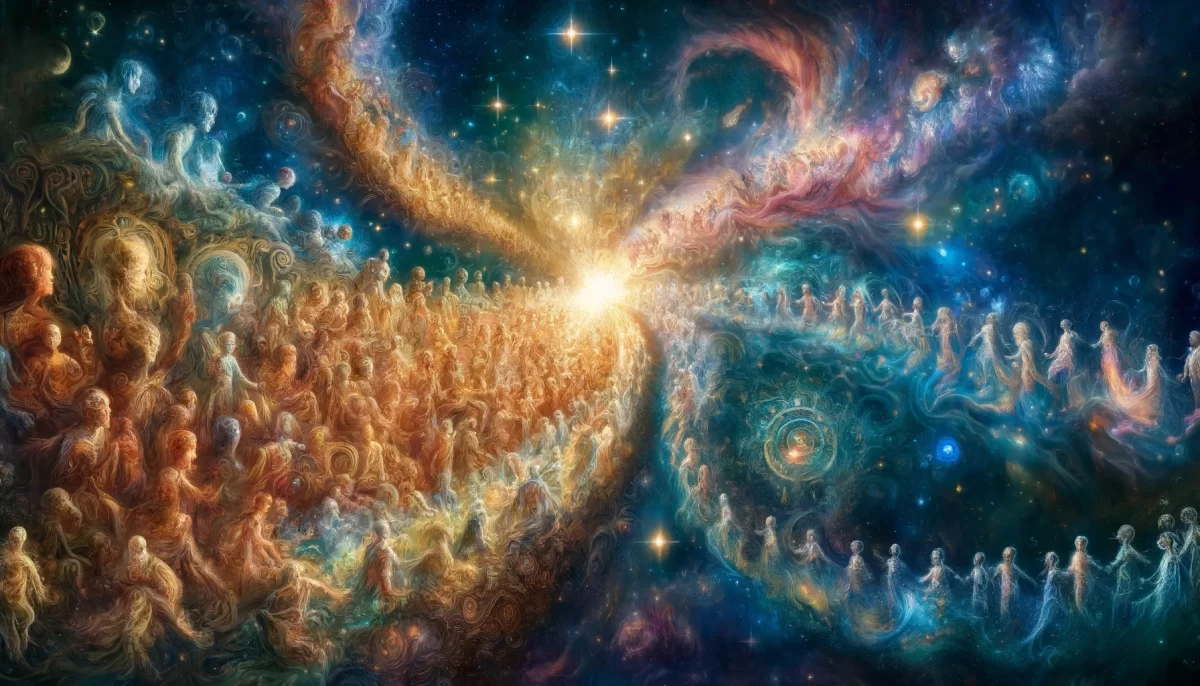
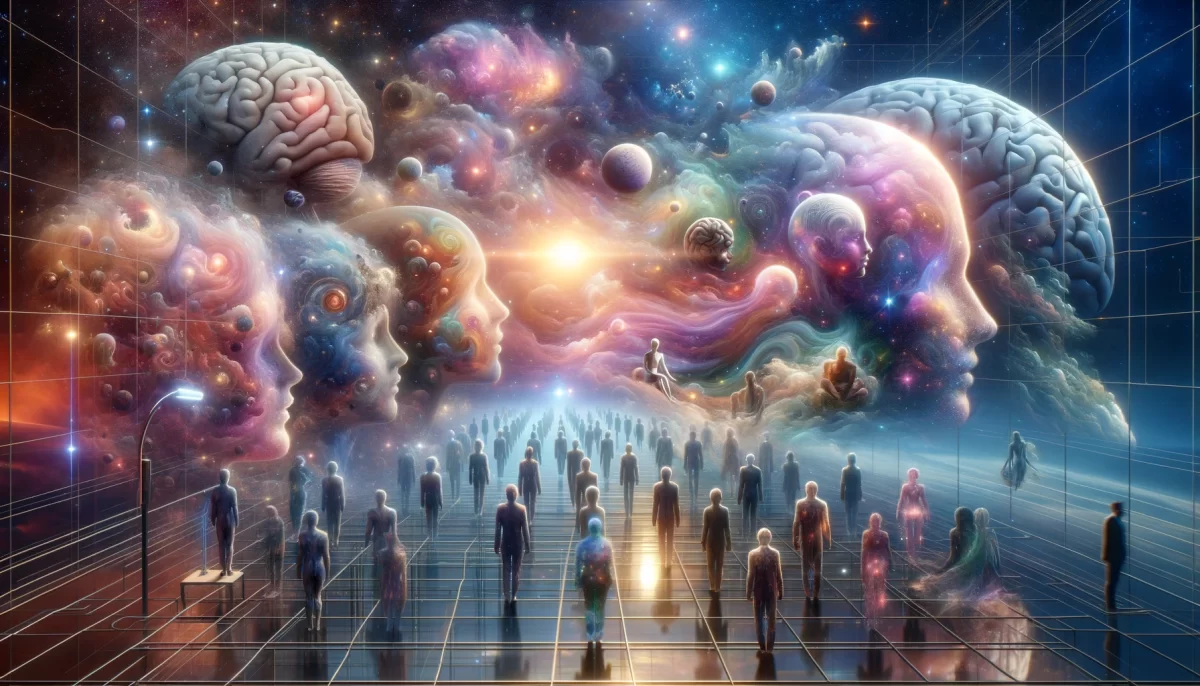
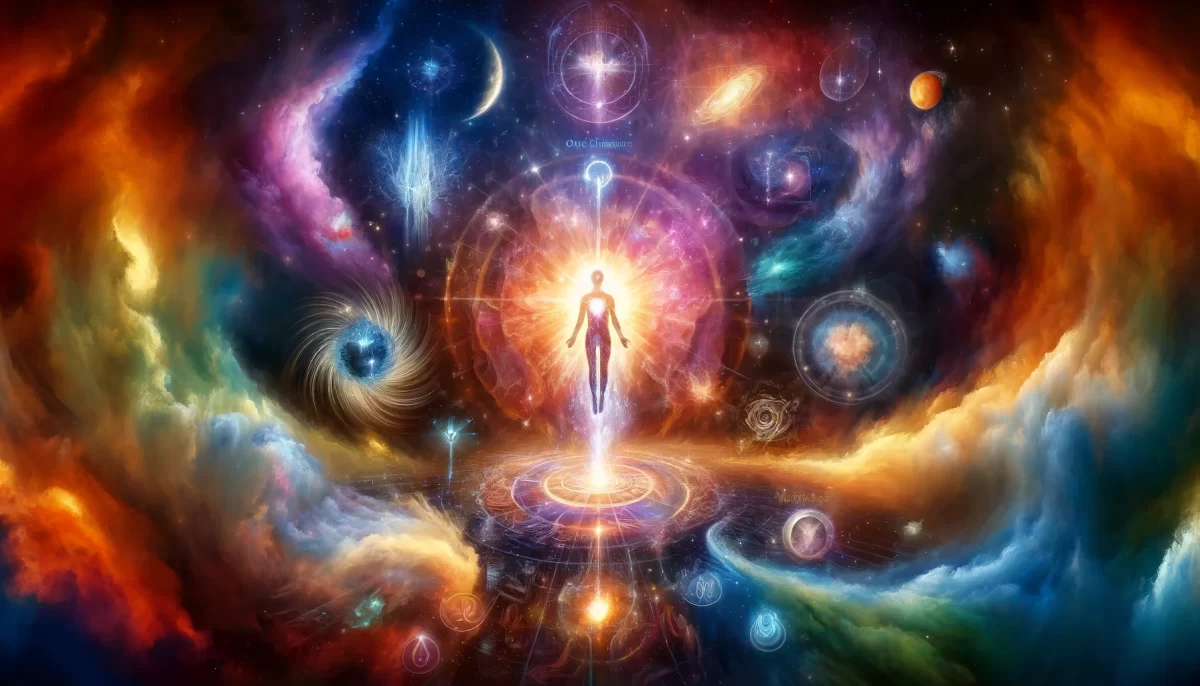
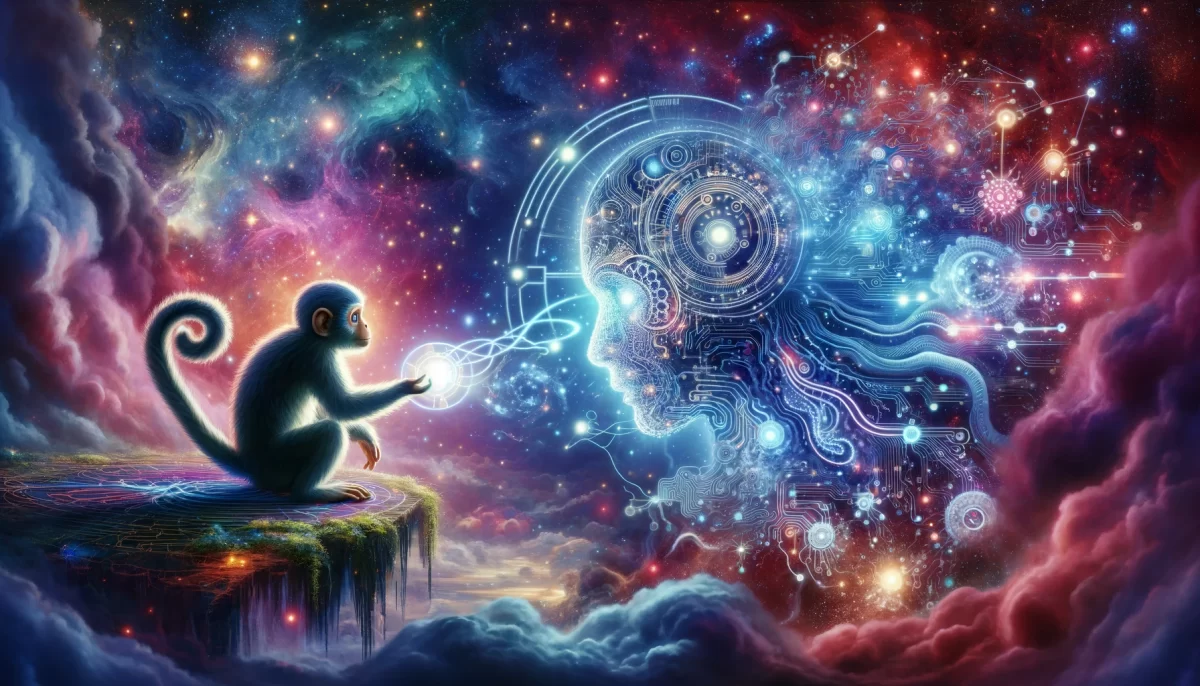
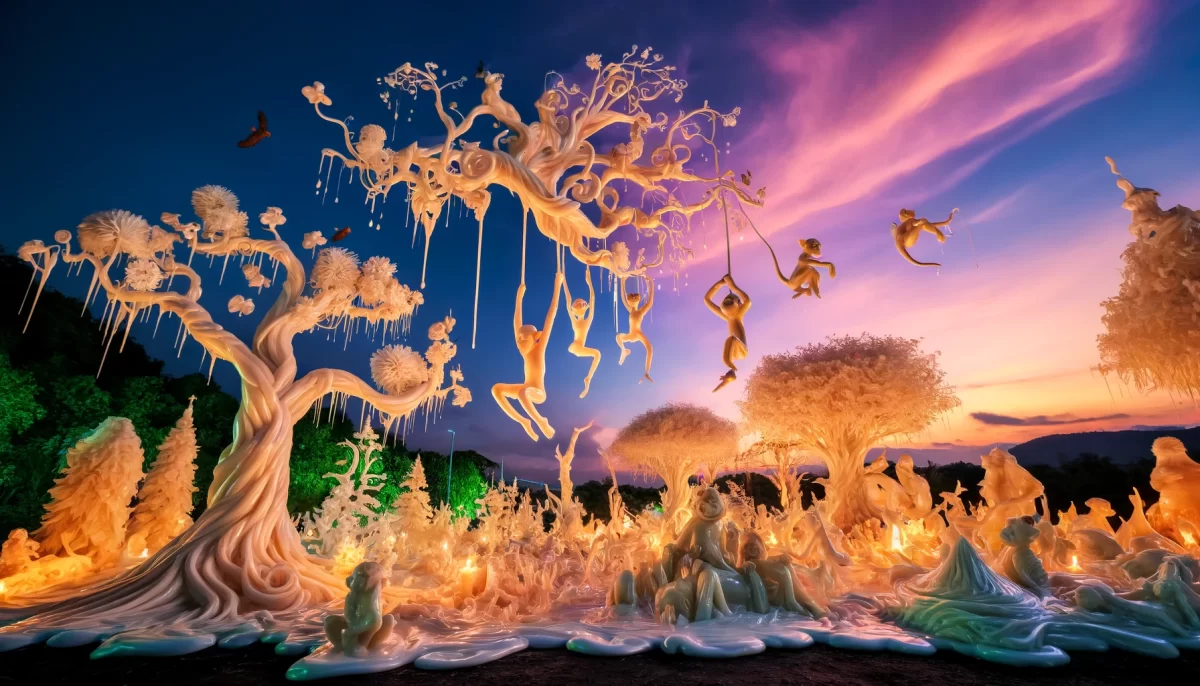
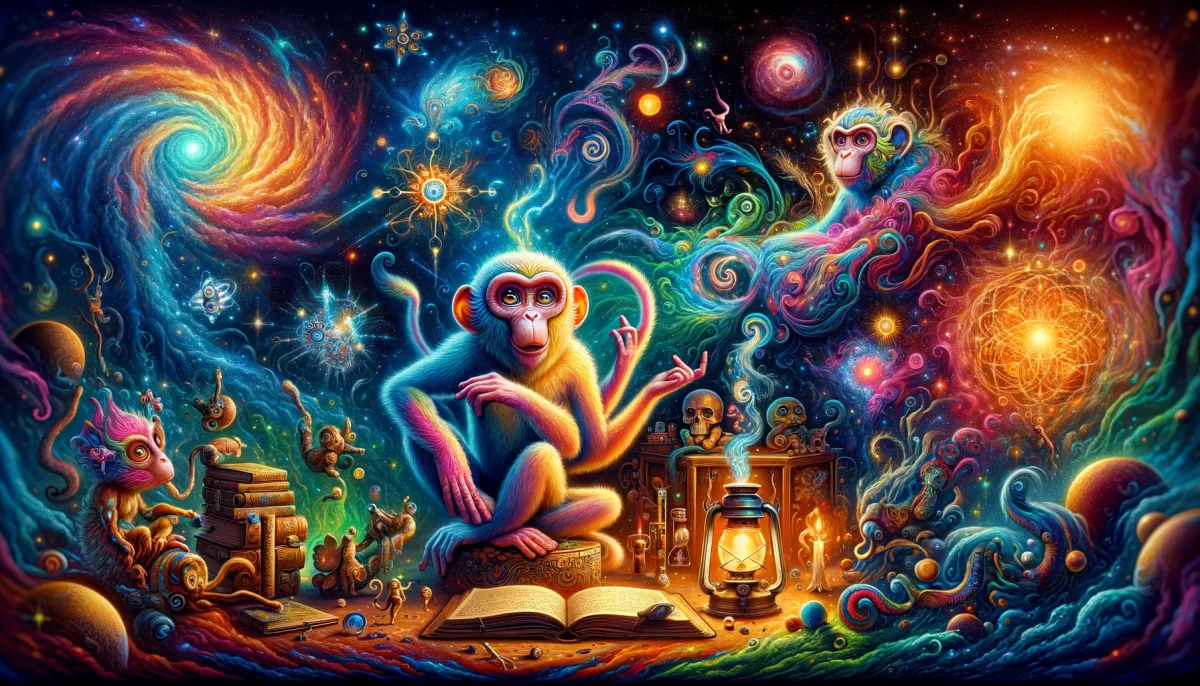
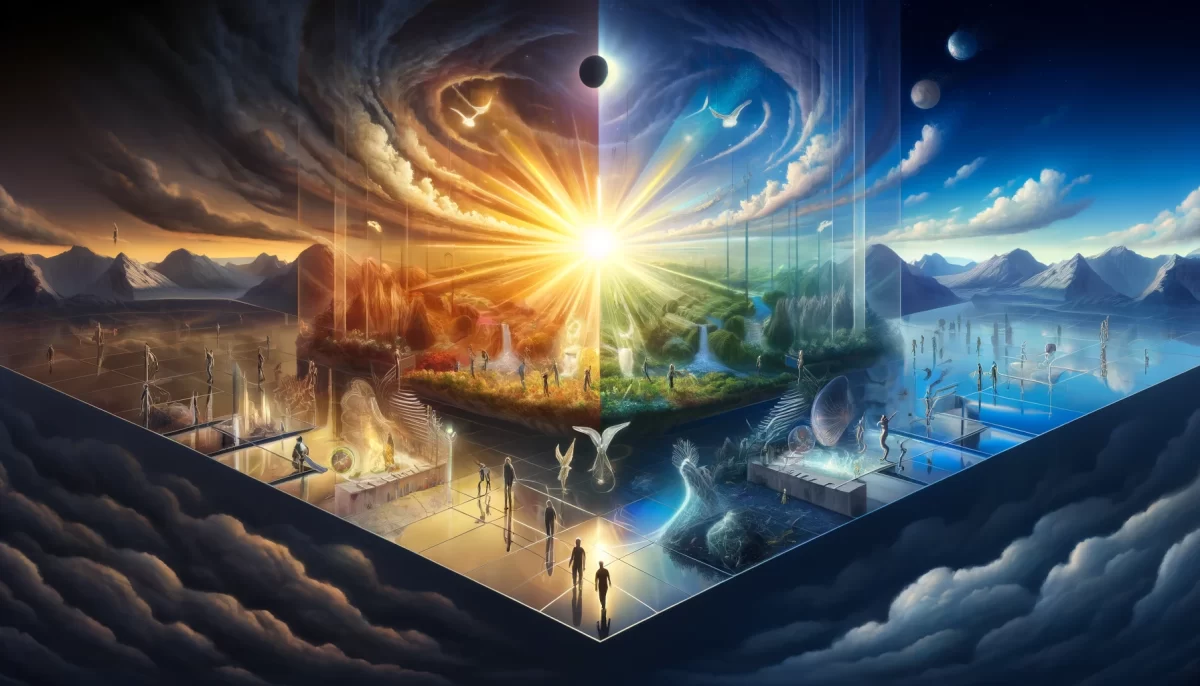

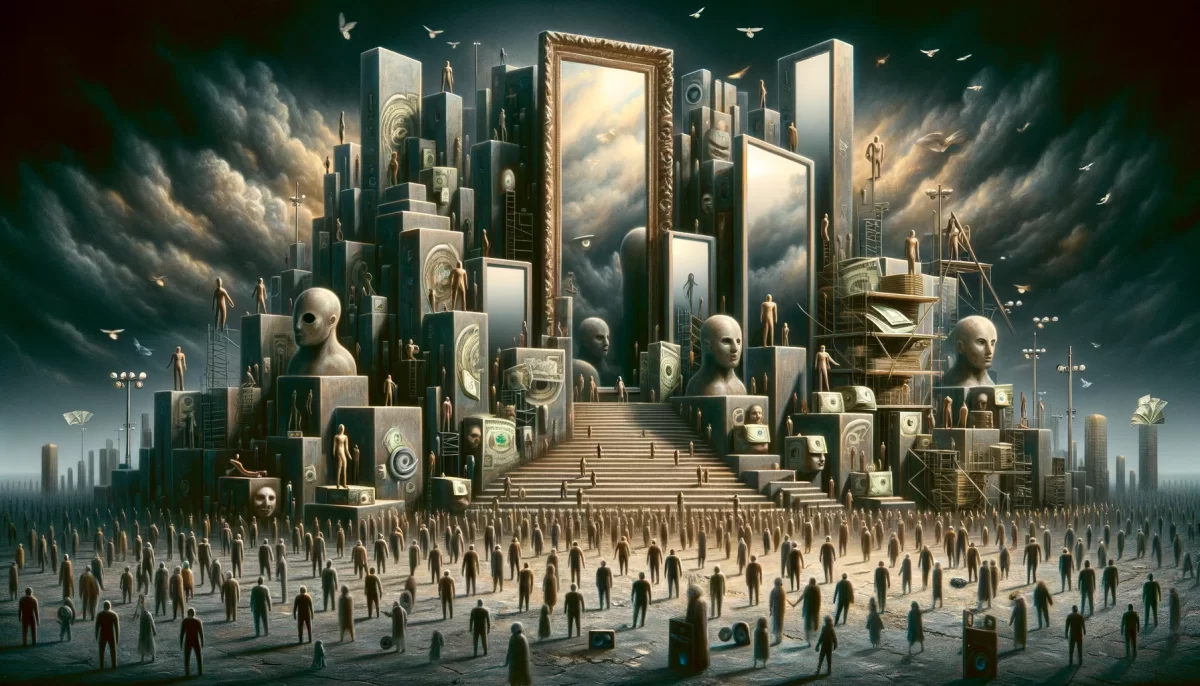

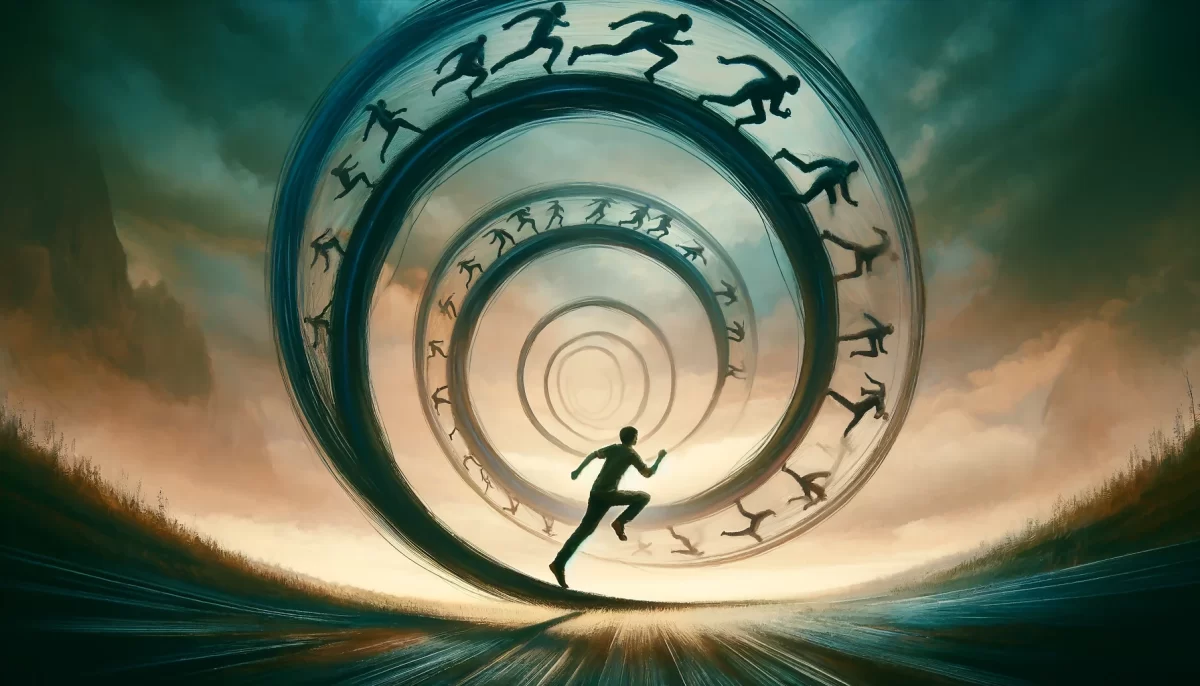
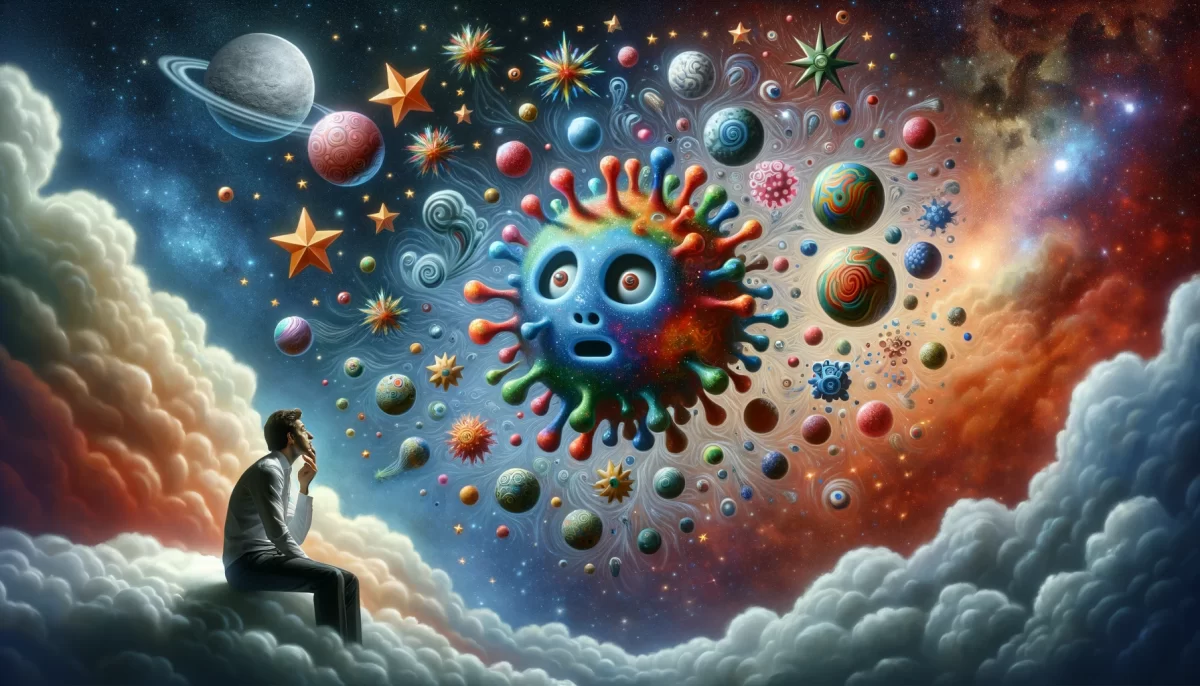



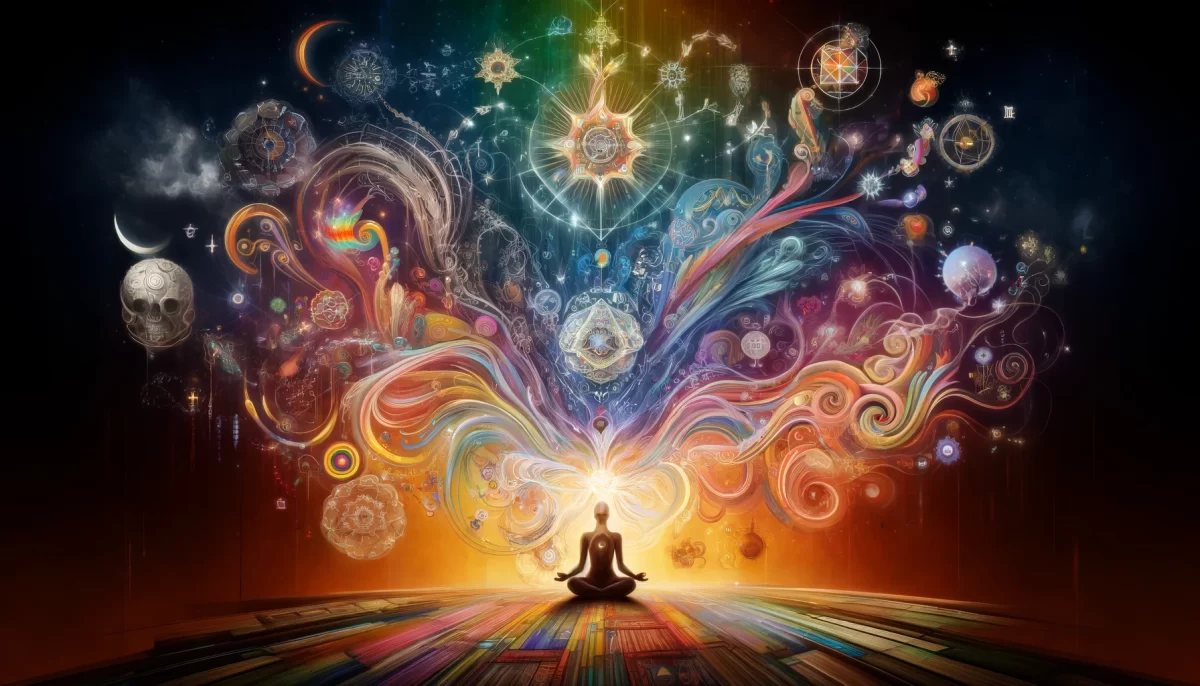
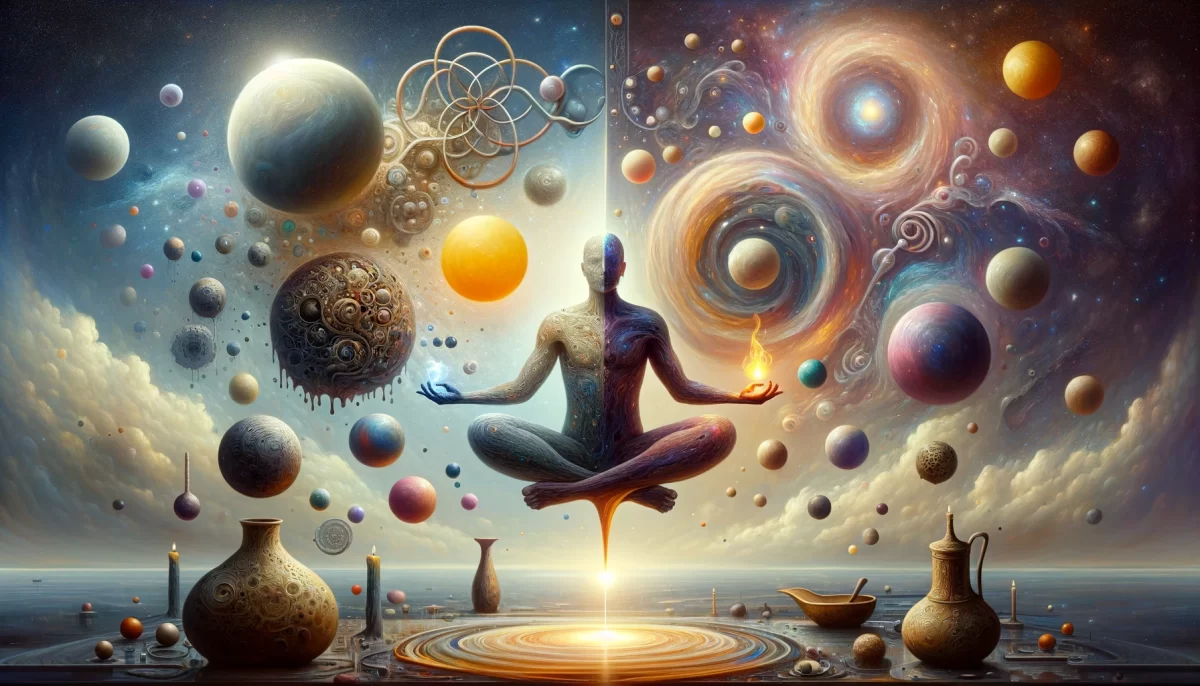

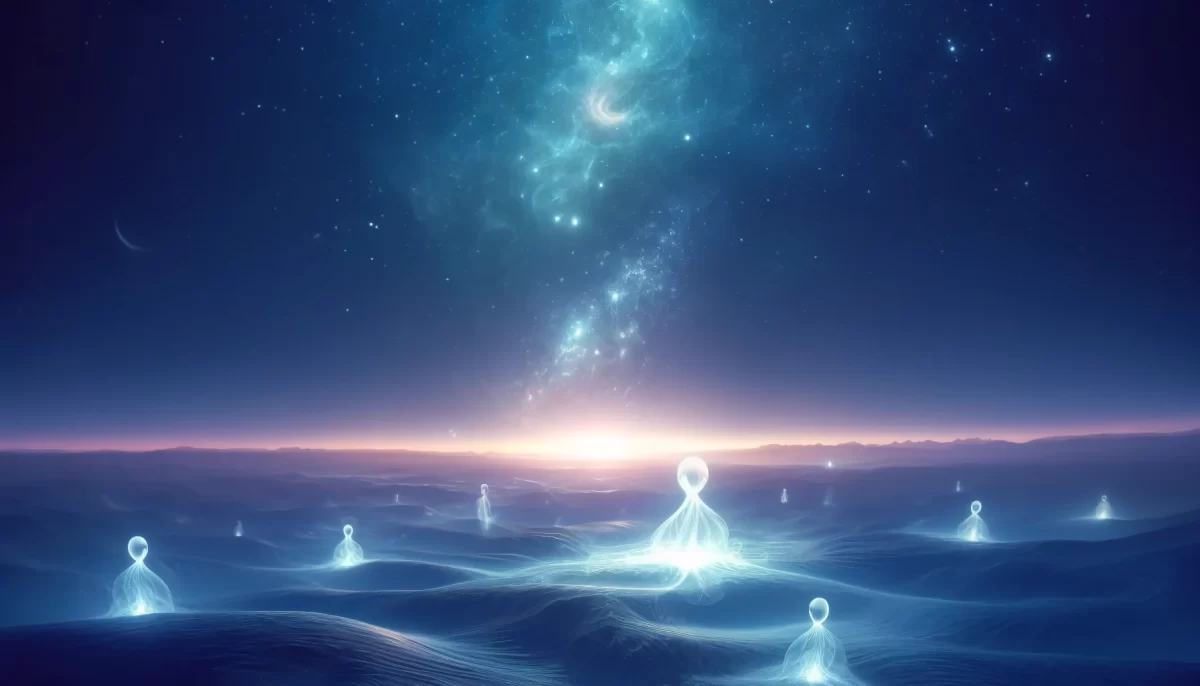
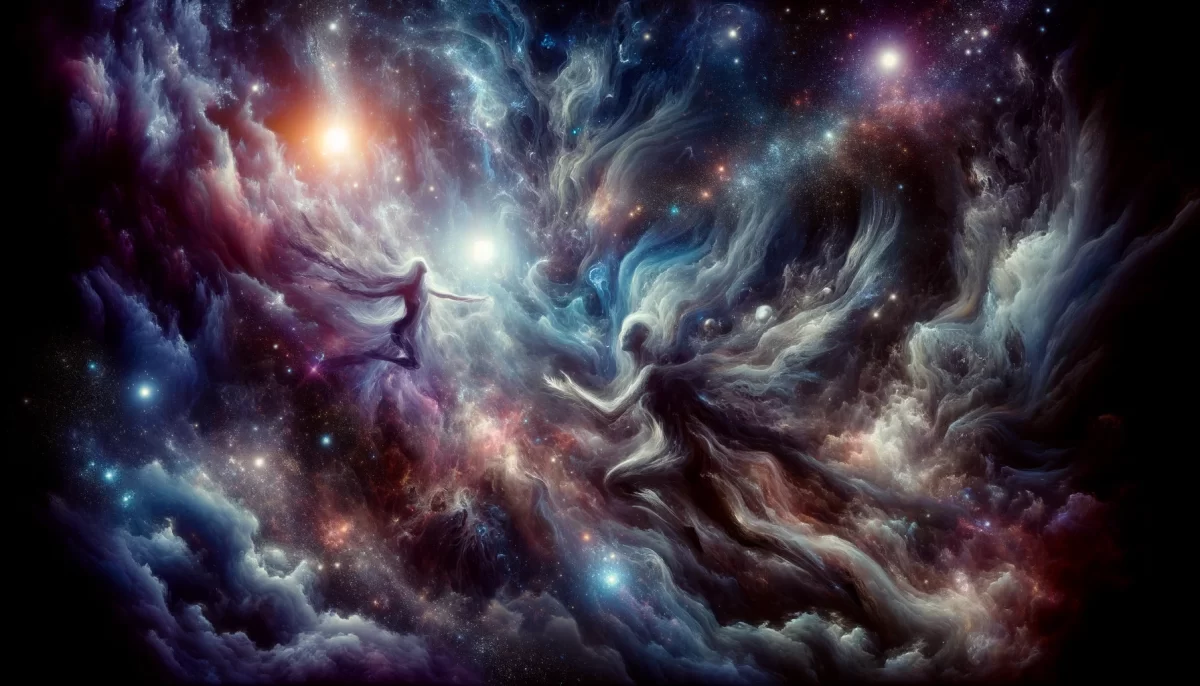

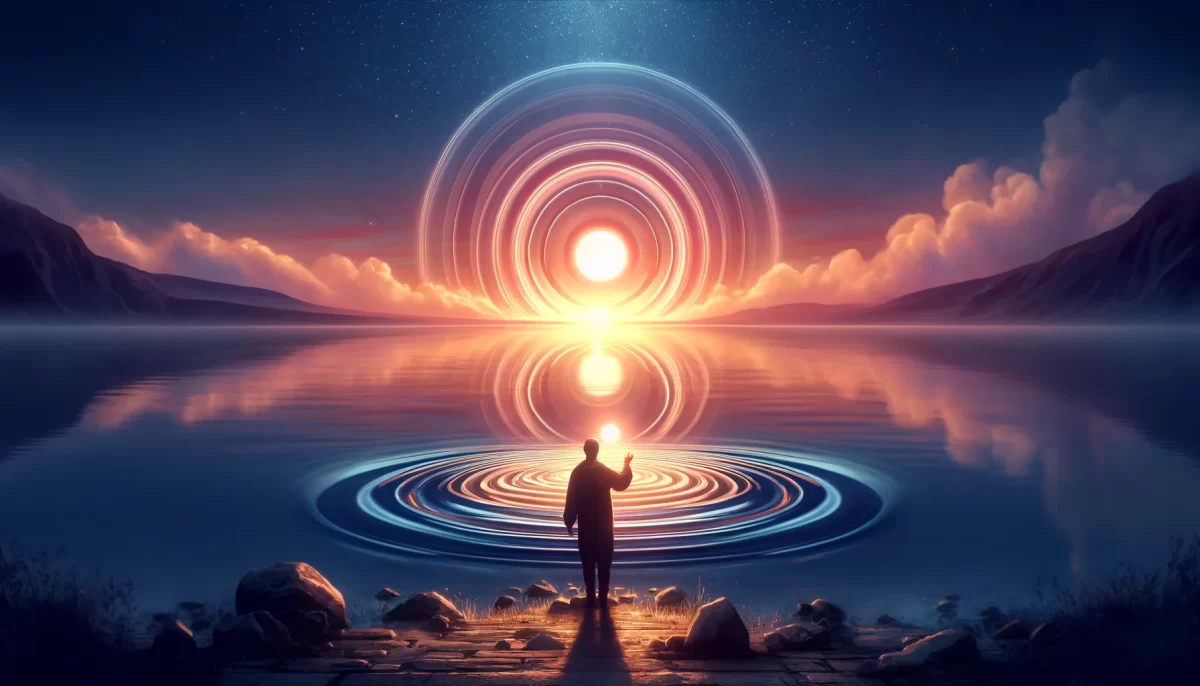
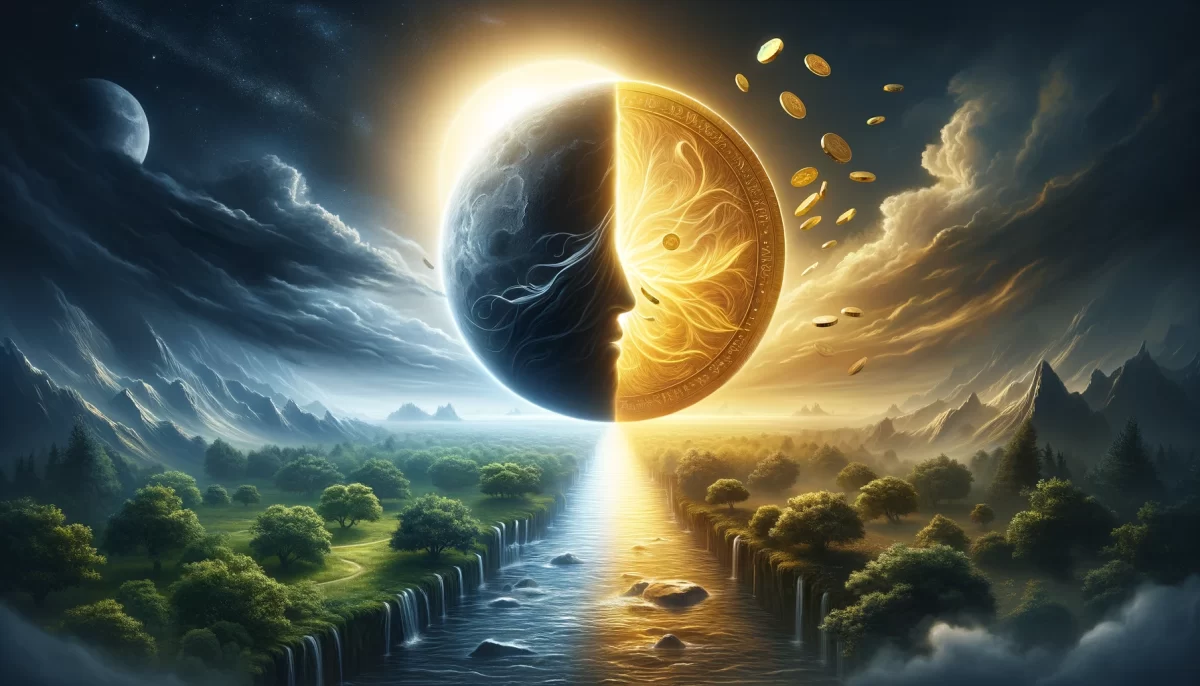
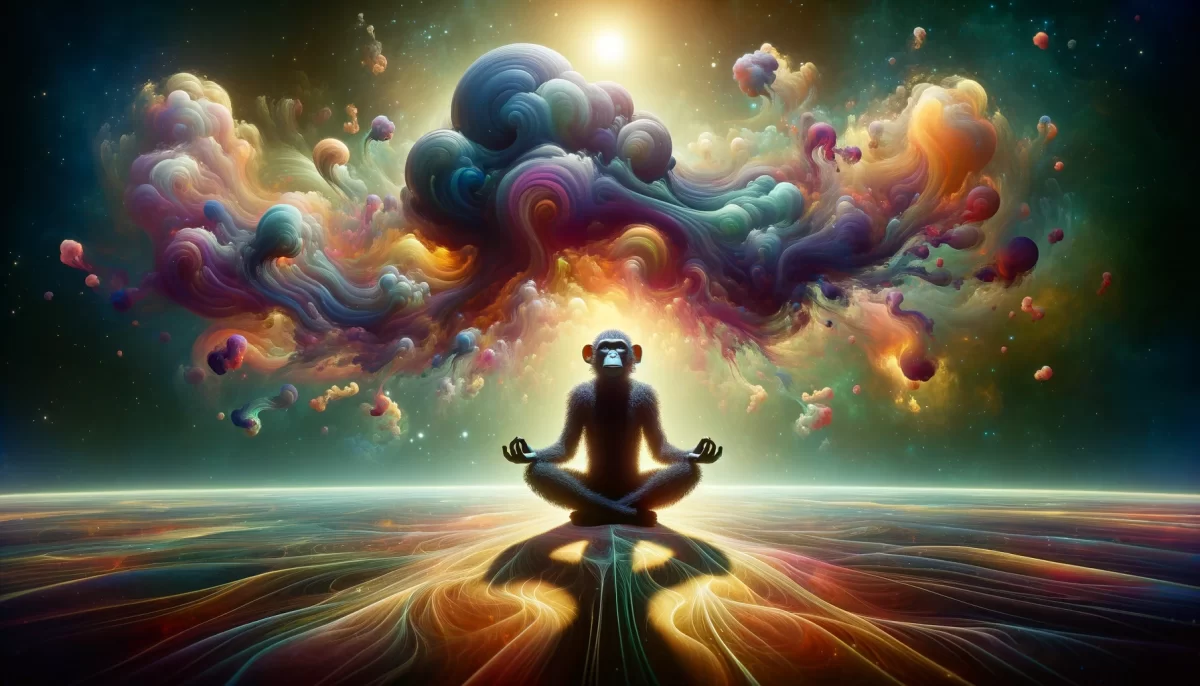
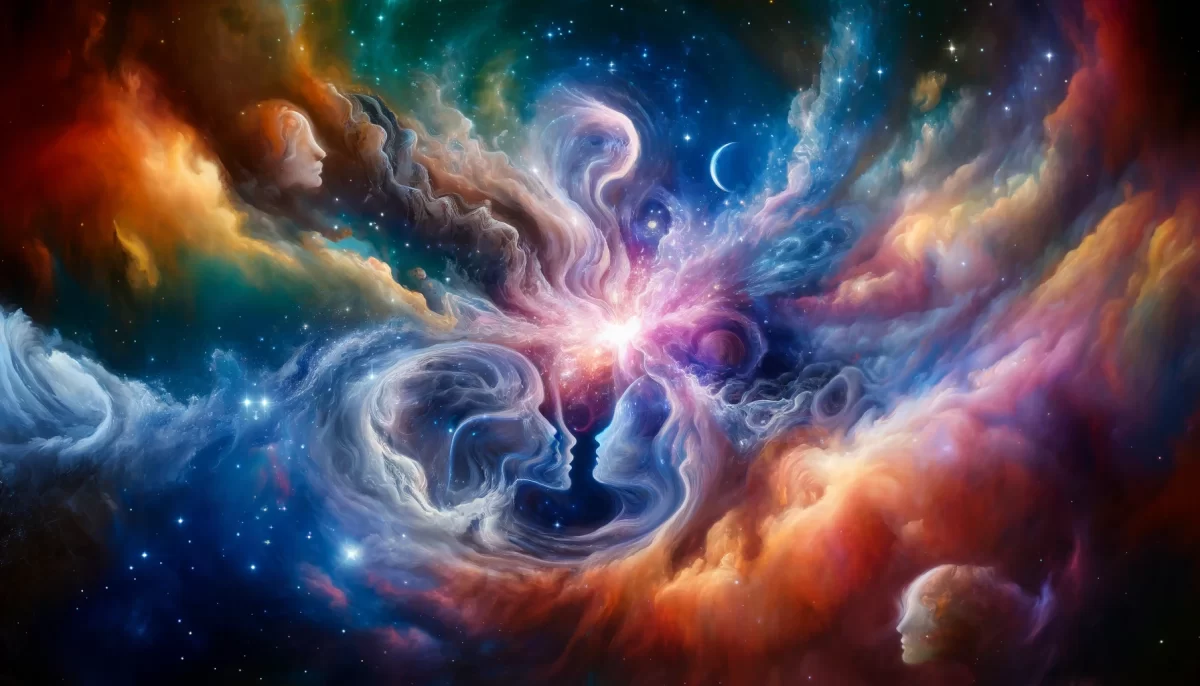
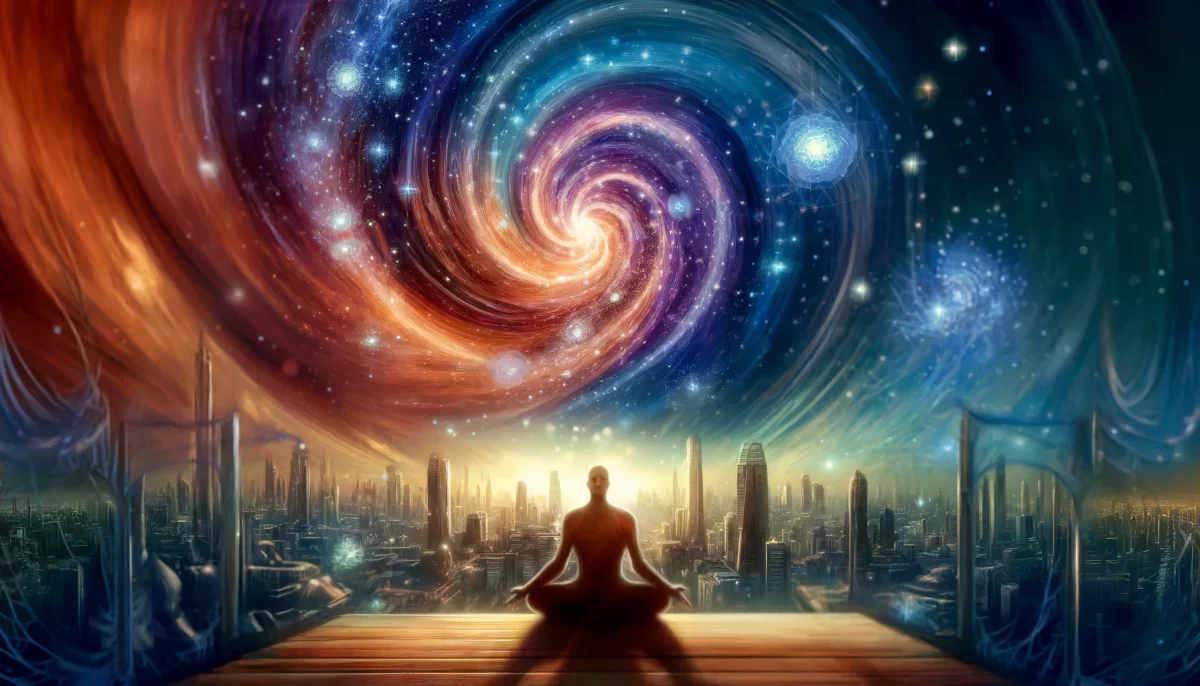
Leave a Reply